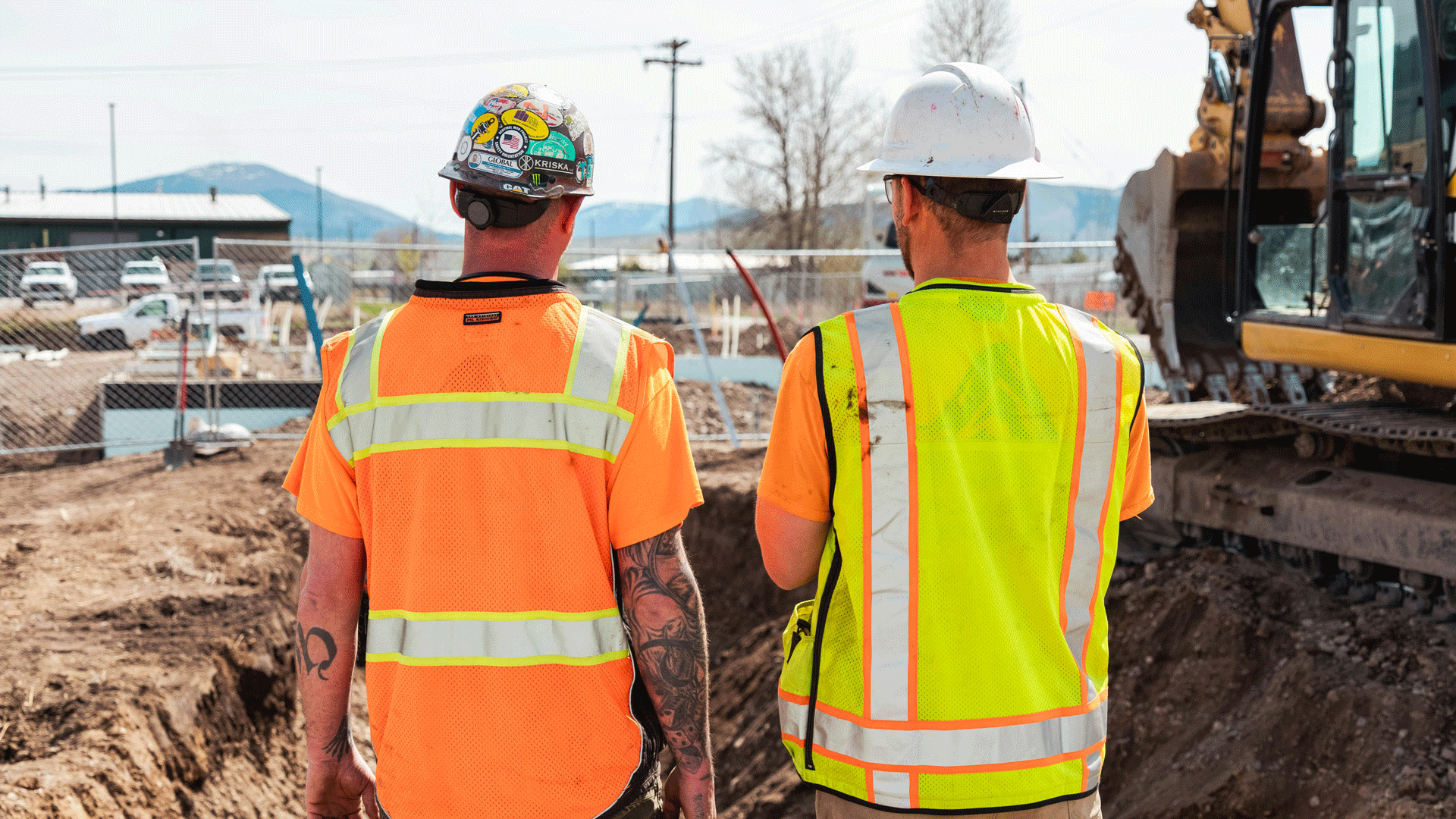And did it “work”? Looking back, does Mr Zahawi regret the catastrophic consequences of the lockdown – serious health conditions untreated while the NHS focused almost exclusively on the virus, long-term mental health issues, jobs lost, and businesses destroyed?
I will never forget the sight of elderly people like my mother, incarcerated in care homes, denied loving hugs and visits from their families, unable to understand why people no longer visited or why they couldn’t go out, crying and clawing at the windows for a glimpse of their relatives, and visibly deteriorating as all normal social activities ceased. A matter for shame, Mr Zahawi, not pride.
Kate Ling, Otley
Bunk up
Here’s an idea: how about MPs from constituencies outside London sharing an American-style dorm during their working week? There would then be no need for the ‘second home allowance’ they currently claim, which would be a considerable saving to the taxpayer.
Maggie Cobbett, Ripon
Common language
Andrew Ford asserts in his recent article, referring to work by Steven Pinker, that music isn’t a language. I beg to differ. As a musician, I am all too familiar with the way that music is able to transcend borders, cultures and human language.
The experience will be familiar to anyone who has breathed into a wind instrument, sung, played keys or plucked strings. There are even music specialists on TikTok who sit waiting patiently for someone to make a request. The best ones make it to air. Only too often language is something of a low hurdle for the requester to clear before the fun starts. Music may not be a language in the conventional sense, but in its ability to bring people together who don’t speak a common language, it is unrivalled. How often has music been the catalyst for friendships that, if they relied just on our ability to speak to each other, may never have happened?
I wonder whether Andrew has just never shared such an experience?
Nigel Davies, Cardiff
Out of control
We talk about rent controls as if they were some new and risky idea, but when I first began renting, back in the 1970s, rent tribunals and secure tenancies were a regular and normal thing. Of course, these were duly abolished by Thatcher. It was only then that the idea of buy-to-let as a safe and easy investment became commonplace. Mortgages were more easily available for second properties than for initial ones, and first-time buyers were increasingly priced out of the market by existing homeowners looking for an easy return on their spare capital.
So, reintroducing rent controls might indeed reduce the supply of rental properties. But it might correspondingly increase the availability and affordability for first-time buyers – which many (though not all) renters would love to be. And besides which, it’s just the right thing to do.
Sylvia Rose
Sin tax
I totally appreciate the article about rich landlords and lack of housing supply. However, there is another angle that’s being missed completely. For every £1 in rent that someone in the private rental sector pays, the government is scooping about 50p in tax from the landlord.
Rents could be half the level they are now, if landlords were taxed differently, or the £4 billion the government secretly coins in from these hidden rents was forcibly returned to renters.
James, Byatt
Big Issue is demanding an end to extreme poverty. Will you ask your MP to join us?
Do you have a story to tell or opinions to share about winter fuel payments or any of the topics raised? Get in touch and tell us more. Big Issue exists to give homeless and marginalised people the opportunity to earn an income. To support our work buy a copy of the magazine or get the app from the App Store or Google Play.









